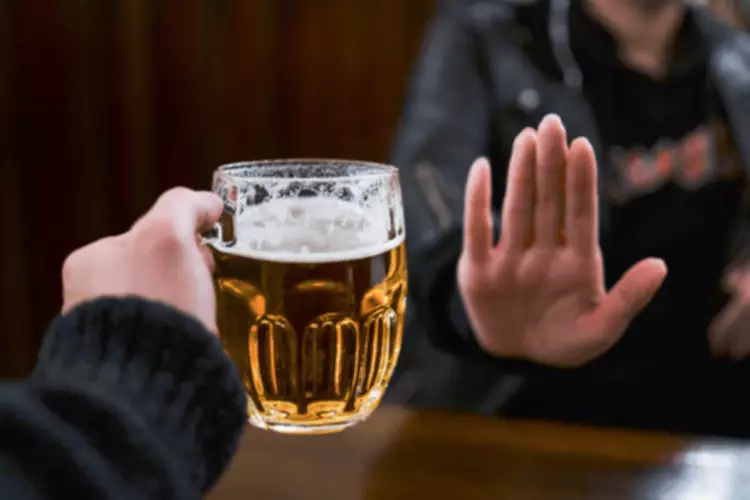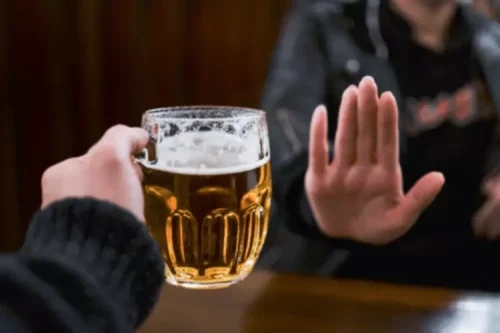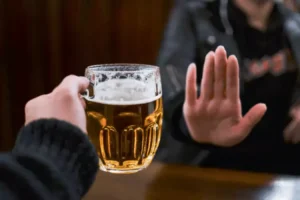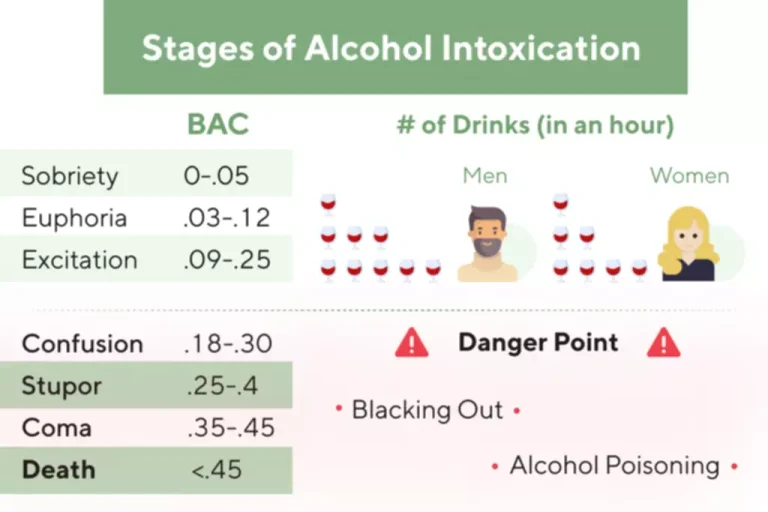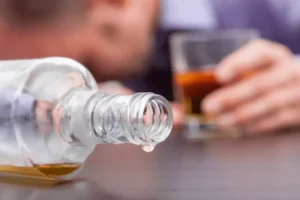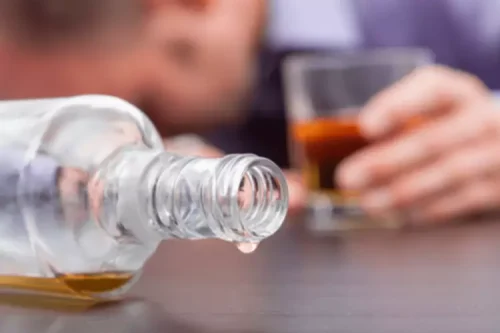
For the US, the CDC (Centers for Disease Control and Prevention) states that men should not consume more than two drinks per day, whilst women shouldn’t exceed one. Don’t assume that a single glass of wine will overly dehydrate you, but keep in mind that wine is generally dehydrating compared to other alcoholic beverages like beer. But what if you aren’t in an extreme situation but are instead just looking to deal with a https://ecosoberhouse.com/ headache or get ready for another round at a party? In those cases, you should avoid wine because of its dehydrating effects. If you want to stay buzzed but don’t want to be as dehydrated, grab a bottle of beer instead. The alcohol and sugar in wine take your body a good amount of energy to break down compared to simpler foods or beverages.
- That’s because a lack of iron can negatively affect the nervous system—the system in your body that controls and regulates pain receptors.
- While most drinks and high-liquid foods will provide water for the body to use and stay hydrated, some drinks may act as diuretics having the opposite effect.
- Generally, the higher the alcohol content of a beverage, the more dehydrating it can be.
- Since there isn’t any food to get in the way, this will result in your body absorbing what water is already in the wine, leaving the alcohol in your system by itself.
How Quickly Does The Liver Heal After You Quit Drinking?
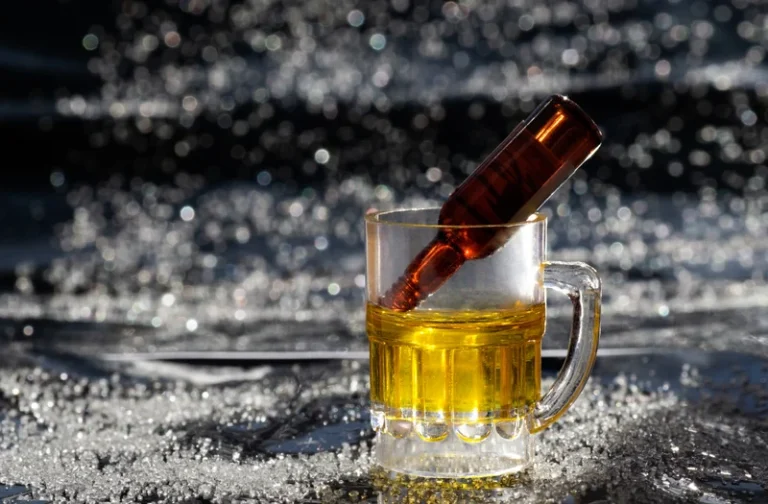
You may need intravenous (IV) fluids or other medical treatment. If your child appears dehydrated, it’s best to contact a provider right away. As you age, these disruptions may affect your body more, leaving you tired and groggy the next day. Over time, poor sleep can have a greater effect on your mental and physical health, so it’s important to consider how alcohol might be impacting your sleep. Additionally, as older adults face more significant life changes, such as retirement or the loss of loved ones, drinking can sometimes amplify feelings of loneliness or depression.
- A small amount of caffeine may not be an issue for most people, though increasing caffeinated beverages may contribute to overall caffeine intake.
- To truly understand it, we need to continue investigating the full spectrum of issues our bodies actually deal with, without defaulting to long-held but untrue assumptions.
- Studies reveal that adult men and women should drink no more than four standard drinks on any one occasion.
- On the other hand, wine is usually closer to around 11 to 14 percent alcohol content per glass.
- It can also lead to irritation of the lining of the stomach, called gastritis.
- If dehydration is due to excessive sun or heat, move to the shade or indoors, where you can access air-conditioning or fans.
Does Alcohol Really Cause Dehydration?
However, if you plan to partake in beer, wine or other alcoholic beverages, there are a few things that can be done to lessen dehydration’s toll on your body. Without sufficient vasopressin, the kidneys allow more water to be excreted through urine, resulting in increased fluid loss. This can lead to dehydration, especially if adequate water intake is not maintained while consuming alcohol.
- Be sure to stay hydrated throughout the day, and if we’re going to be drinking alcohol, be sure to include water whenever possible.
- Understanding how alcohol affects you differently with age can help you make informed decisions that protect your health.
- Not only is staying well-hydrated key to your long-term health, but it can also help you avoid uncomfortable hangover symptoms.
- The body may tolerate a moderate intake of beer without experiencing dehydration.
Does Dehydration Cause Hangovers?
Dehydration certainly contributes to hangovers but it’s just a piece of the puzzle. Studies have pointed to additional causes, such as inflammation, gastrointestinal irritation, and poor sleep. Reframe supports you in reducing alcohol consumption and enhancing your well-being. You’ll meet millions of fellow Reframers in our 24/7 Forum chat Alcoholics Anonymous and daily Zoom check-in meetings. Receive encouragement from people worldwide who know exactly what you’re going through!
Why Does Alcohol Cause Dehydration?
This article further explores the truth behind your tipple, presenting a better understanding on its effects and the importance of staying hydrated whilst drinking alcohol. As you can see, wine can dehydrate you if you drink it on an empty stomach or if you drink multiple glasses in a row without drinking water to accompany them. However, the specifics of wine and dehydration are very dependent on individual metabolisms, whether you are consuming your wine with a meal and other factors. In that case, drinking the wine is best if you want to survive.
- If you are wearing multiple layers or in a warm environment, you could induce a light sweat if you drink multiple glasses of wine in a row.
- When alcohol suppresses vasopressin, the body excretes more water through urine, leading to increased fluid loss and potential electrolyte imbalances.
- Because prostaglandins can increase inflammation, they’ll also likely lead to an uptick of pain that can radiate to your legs.
- However, continuing to drink alcohol after that initial drink does not cause any more urine output than continuing to drink water.
- Don’t assume that a single glass of wine will overly dehydrate you, but keep in mind that wine is generally dehydrating compared to other alcoholic beverages like beer.
Why do I feel weird for several days after drinking?
If you weigh 150 pounds, you should drink 75 ounces of water; 180 pounds would be 90 ounces, and so on. The important thing is never wait until you’re thirsty to start drinking. We created our BodyBio E-Lyte concentrate to counteract the effects of dehydration and boost electrolyte and mineral stores to help alleviate symptoms across the board. Let’s talk about dehydration from alcohol — why it happens, how to avoid it, and the immediate remedies you can use to avoid a hangover. Shockingly, the science is unequivocal and clear – and has been so for decades.


If you’ve eaten some food and have consumed a glass of water, you can drink a few glasses of wine before you start to feel the effects of mild to moderate dehydration. Of course, the more you urinate, the faster does red wine dehydrate you you’ll become dehydrated if you keep following up with more glasses of wine. One of the most common pieces of advice given during a night out is to drink plenty of water to avoid a headache the next day. However, in reality, water alone doesn’t play as significant a role in preventing hangovers as we’ve been led to believe.
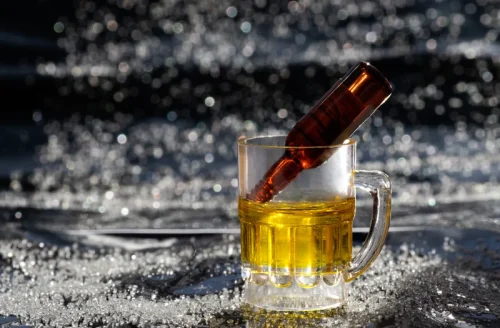
When you’re drinking more than usual, it’s important to remember to consume alcohol responsibly (for both your health and safety!). Alcohol is a diuretic, which means it moves fluid out of your body and can easily dehydrate you. Not only is staying well-hydrated key to your long-term health, but it can also help you avoid uncomfortable hangover symptoms. Drinking beer, a glass of wine, or other types of alcohol introduces a substance into the body that causes certain reactions.
